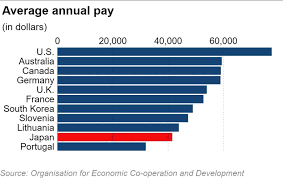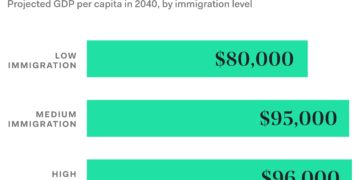Japan and South Korea are increasingly recognizing the need for skilled foreign labor to address labor shortages arising from aging populations and declining birth rates. As these nations adjust their immigration policies, they are rolling out new visa programs designed to attract highly skilled workers in key sectors such as technology, engineering, and healthcare.
Japan’s Specified Skilled Worker visa has been a significant step in this direction, allowing foreign workers to gain long-term residency in specific industries facing labor shortages. South Korea is also implementing a point-based immigration system that rewards individuals with high qualifications and professional experience, facilitating their transition into the local workforce. These changes represent a substantial shift from traditionally restrictive policies towards more inclusive frameworks aimed at attracting global talent.
Despite these advancements, foreign workers face challenges such as cultural integration and bureaucratic complexities that can complicate the transition. Moreover, public perception of immigration can impact policy implementation, with discussions about national identity and labor market stability influencing the broader conversation.
































